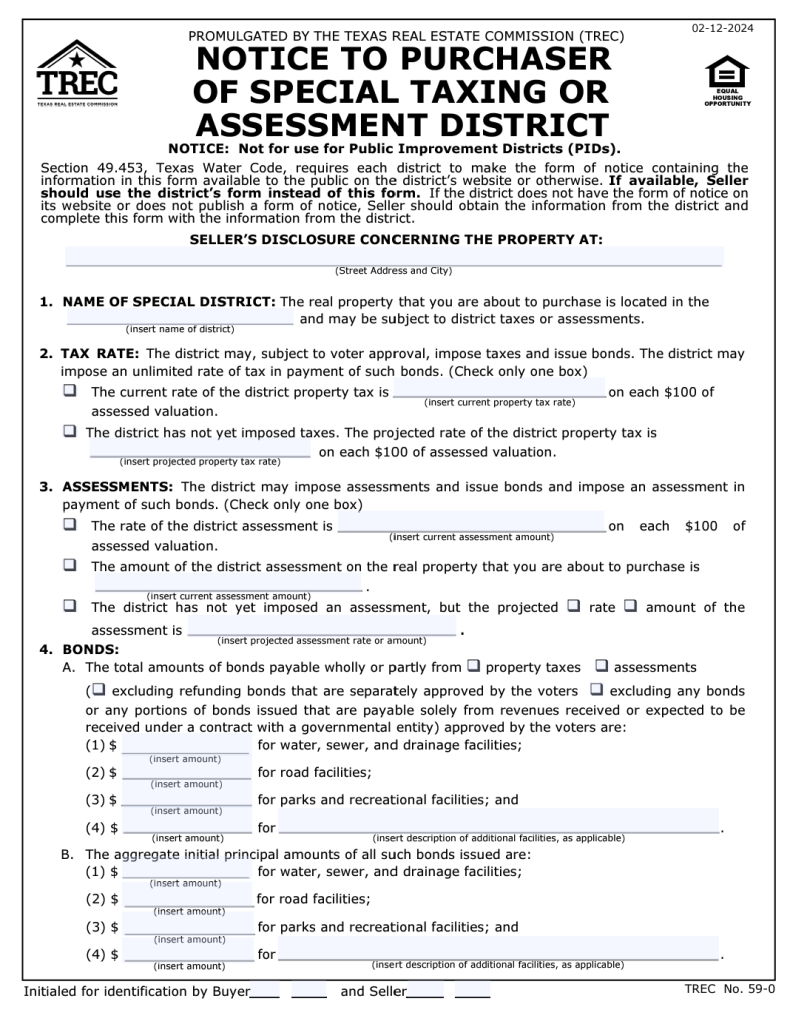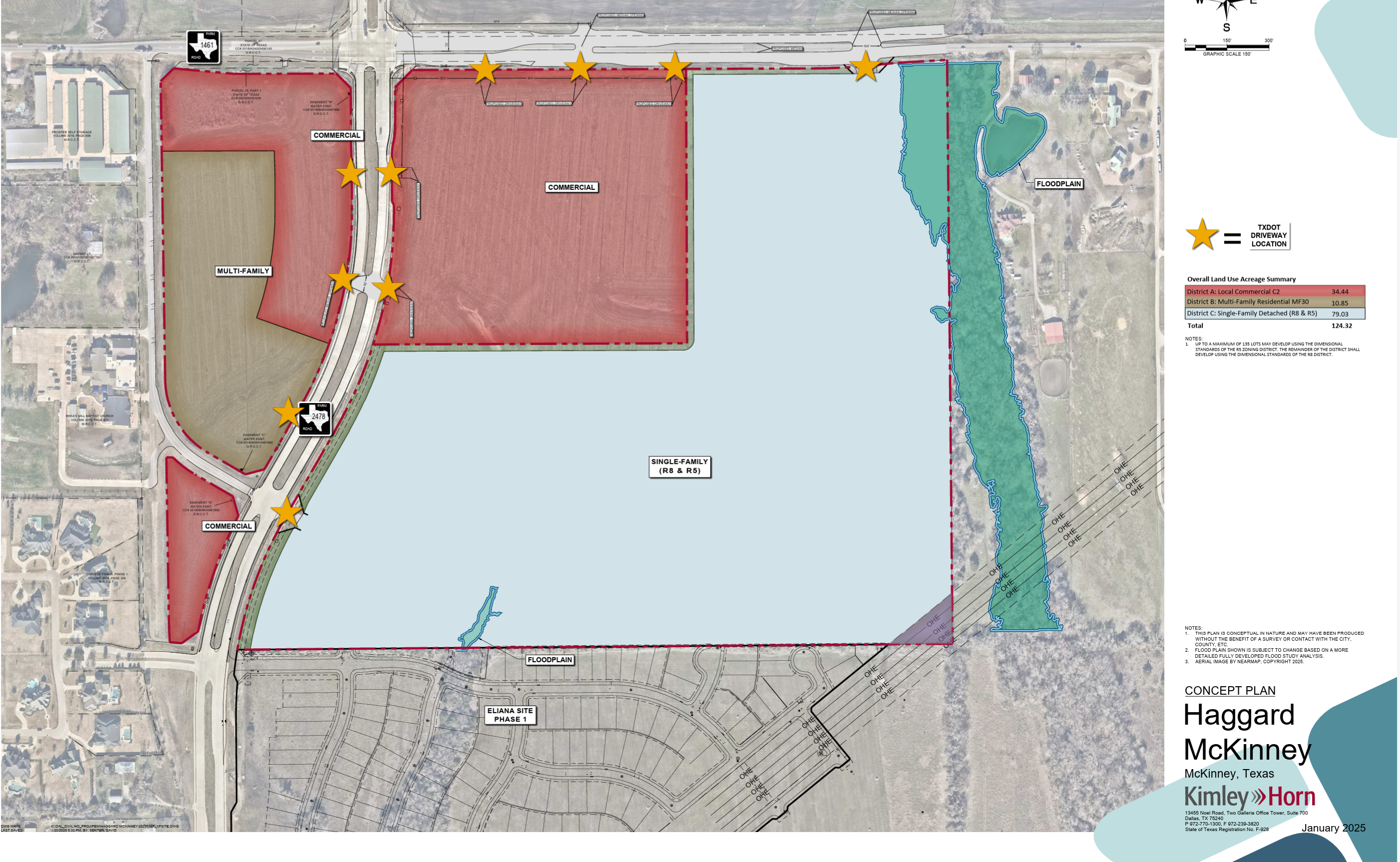What Are Water Districts?
Properties in Texas that are outside of municipal boundaries may be part of a Water District ( pursuant to the Texas Water Code or the Texas Constitution, see Tex. Water Code § 49 and Article III, or Section 59, Article XVI of the Texas Constitution). Water Districts include municipal utility districts (MUDs), water control and improvement districts (WCIDs), special utility districts (SUDs), and river authorities. A Water District is a local governmental entity that provides limited services to its customers and residents.
Functions of Different Types of Water Districts
Municipal Utility Districts (MUDs)
MUDs provide water, sewage, drainage, and other services. They are legally empowered to engage in:
- Conservation
- Irrigation
- Electrical generation
- Firefighting
- Solid waste collection and disposal (including recycling)
- Recreational activities (e.g., parks, swimming pools, sports courts)
Note: MUDs cannot issue bonds to pay for parks or recreational facilities but can charge user fees.
Water Control and Improvement Districts (WCIDs)
WCIDs have broad authority to:
- Supply and store water for domestic, commercial, and industrial use
- Operate sanitary wastewater systems
- Provide irrigation, drainage, and water quality services
Special Utility Districts (SUDs)
SUDs provide water, wastewater, and firefighting services but are not authorized to levy taxes.
River Authorities
River Authorities operate major reservoirs and sell untreated water on a wholesale basis. They are also responsible for:
- Flood control
- Soil conservation
- Protecting water quality
- Generating hydroelectric power
- Providing retail water and wastewater services
- Developing recreational facilities
Disclosure Requirements for Water Districts
Statutory Notices and Documentation
There are required statutory notices and other documentation related to Water Districts with respect to the transfer of any property that is located in a Water District.
Any person proposing to sell or convey real property located in a district created under Chapter 49 of the Texas Water Code must deliver a statutory notice to the buyer regarding:
- Tax rates
- Bonded indebtedness
- Standby fees
This notice must be delivered to the buyer prior to executing a binding contract, either separately or as an addendum/paragraph within the purchase contract.
Types of Notices Based on Property Location
The proper notice form depends on whether the property is:
- Within city limits
- Outside city limits but within the extraterritorial jurisdiction or home-rule municipality
- Outside city limits and outside the extraterritorial jurisdiction or home-rule municipality
Exceptions to Notice Requirements
Notice is not required for:
- Transfers by foreclosure or deed in lieu of foreclosure
- Estate-related transfers
- Transfers to governmental entities

Consequences of Non-Compliance
Buyer’s Right to Terminate
If a purchase contract is executed without the seller providing the required notice, the buyer is entitled to terminate the contract. (Tex. Water Code §49.452(f); See also Paragraphs 6E(3) and 15 of the TREC One-to-Four Contract).
Additional Requirements at Closing
At closing, a separate copy of the notice with current information must be executed and acknowledged by both the seller and the buyer and recorded in the county deed records.
Penalties for Failing to Provide Notice
If a conveyance is made without the required notices, the buyer may:
- File a suit for damages, including all costs related to the property purchase, interest, and reasonable attorney fees
- File a suit for damages up to $5,000, plus reasonable attorney fees
Note: Upon payment of damages to the buyer, the buyer must reconvey the property to the seller. (Tex. Water Code §§ 49.452(o) and (p)).
D
Don’t forget to check out our blog on Mineral Rights
Sean is Co-Owner, along with Ryan and Jonathan, of Tiago Title, and serves as its President and General Counsel. He is also Managing Partner of SCJW, PLLC, a law firm specializing in real estate, corporate, and transactional matters. Sean represents real estate agents and brokers, real estate developers, private investors, entrepreneurs, and private financial institutions in both residential and commercial transactions. Make certain to contact Tioga TItle with any real estate title needs. As well when you need legal advice reach out to SCJW, PLLC




